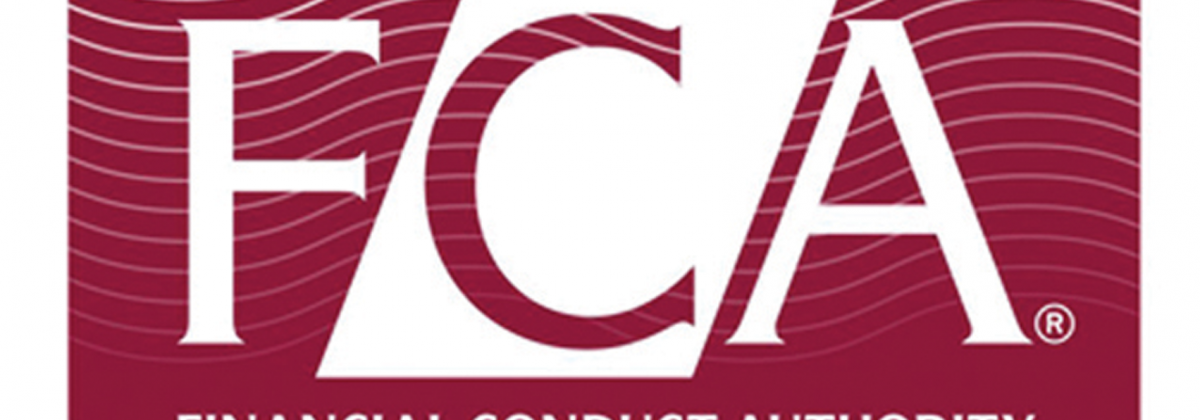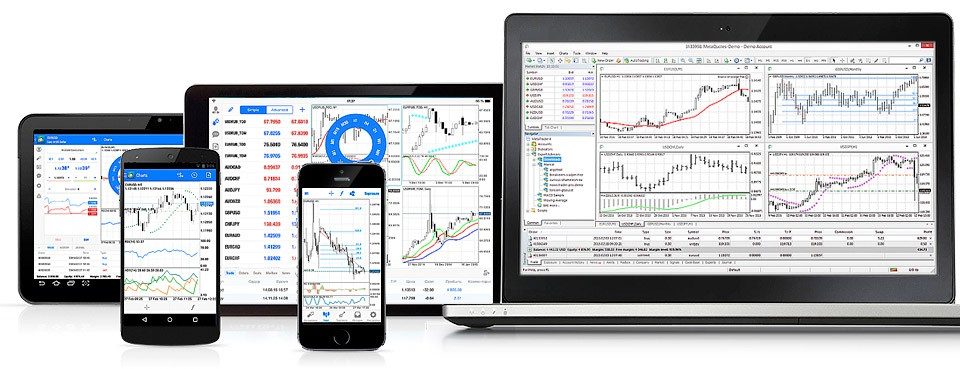The Importance of Trading with a Regulated Broker

If you have been thinking of taking the plunge into the financial markets, the support of a regulated broker could prove invaluable in ensuring the safety of your investments. Regulated brokers are supervised by the financial regulatory bodies of their respective countries, such as the FCA in the UK and ESMA in the EU. Their compliance with established guidelines and standards of quality control and investor protection is what assures you of security, fairness and ethical behaviour for each trade.
Advantages Offered by Regulated Brokers
Provision of a Safety Net for Retail Customers
Regulated brokers are required to have their accounts audited regularly, as mandated by the regulatory authority. This ensures that they always maintain sufficient funds in their accounts, to fulfill their clients’ transaction needs. In case they go broke, there are established practices to compensate for client funds. Regulated brokers are required to segregate client funds from company funds at all times meaning that if the company goes under, client money is not affected.
Due Diligence to Avoid Money Laundering
Since all regulated brokers comply with strict KYC norms, constant documentation and quality controls need to be put in place. This is essential to maintain account integrity and ensure that funds are not laundered through illegal activities. This provides accountability to both the regulator and the client and goes a long way to avoiding fraudulent activity.
Trader Education and Customer Services
Most prominent regulatory bodies have passed laws that prohibit brokers from making exuberant profit claims or supplying inaccurate market information for self-gain. All marketing materials need to carry disclaimers regarding risks associated with trading leveraged instruments. You will be educated in how to make informed investment decisions. Prompt customer service can help you solve technical issues and related queries.
Regulations have also been put in place to ensure that brokerages behave as a well-structured professional body, equipped with the latest technology to handle client funds. They are required to have an established top management, with experienced professionals working at the helm.
In order to be regulated, brokers need to acquire licenses from regulatory bodies in the regions where they operate. Here’s a look at some key European regulatory bodies.
Key Regulatory Bodies
Financial Conduct Authority (FCA) UK
The FCA is one of the most prestigious financial governing bodies in the world. It operates independently of the UK government, ensuring healthy competition in the financial sector, for the benefit of the consumer. The FCA also keeps in line with the MIFiD II guidelines, passed by ESMA. This means, any changes in the EU regulatory framework will result in new leverage limits and position requirements from the FCA as well.
The FCA has extensive powers and enforces stringent regulatory requirements from players in the UK’s financial markets, meaning traders are guaranteed various benefits including:
- Segregation of Client Funds: Brokers are required to maintain separate accounts for client funds in reputed banks. Under no circumstances can they use these funds for their own business purposes.
- Transaction Record Keeping: Brokers need to provide clients with regular account statements and transaction records. The account statements from brokerages are subjected to regular audits by external auditing bodies.
- No Manipulative Practices: Fairness in all trade practices have to be ensured. Brokers cannot enter into trades without clients’ permission, and cannot resort to price manipulation.
FSCS Increases Investor Protection Limit to £85,000
From April 1, 2019, the UK Financial Services Compensation Scheme (FSCS) has increased compensation limits by 65%, from £50,000 to £85,000, for financial instruments under its purview, offering greater investor protection for cash investments held in a broker funds, banks, credit unions, pension funds or by insurance companies. Clients of firms that declare bankruptcy after April 1, 2019, will be protected by the new compensation limits.
The limit is £85,000 per person, and in case of joint accounts, the limit goes up to £170,000. What’s interesting about the new amendment is that investors can file claims for losses arising out of bad financial advice, mis-sold products, mis-represented schemes and mis-managed companies.
European Securities and Markets Authority (ESMA) EU
The ESMA acts as an EU-wide financial regulatory body to protect investor funds and improve the functioning of the financial markets throughout Europe. Apart from mandatory client fund segregation rules and restriction of manipulative trade practices, the recent MiFID II guidelines, introduced in January 2018, provides extensive protection.
- Lower Leverage Limits: Brokers cannot offer trading in forex and CFDs with leverage beyond 30:1. For commodity CFDs in gold, the limit is 20:1, while cryptocurrency trading has been restricted to 2:1. This is to ensure that clients don’t suffer significant losses on account of higher than necessary leverage offered by some brokers.
- Negative Balance Protection: Retail traders are protected against negative balance in accounts. The balance is automatically reset to zero, if this happens. Even the percentage of margin has been set at 50%, beyond which brokers have to close all open positions in forex and CFDs.
Perhaps, one of the most significant offerings in the new MiFID II guidelines has been the introduction of standardised regulations in content publishing. All brokers have to maintain honesty and transparency while conveying information about the financial markets. Even the marketing messages need to be consistent, across all platforms, whether social media, newsletters, e-mails or research reports.
Why are Some Brokers Not Regulated?
You will still find brokers in the market, offering higher leverage and freedom to trade diverse financial instruments. One of the major reasons why firms operate without licenses in offshore jurisdictions is to save on operational costs. Obtaining and maintaining licenses requires money and significant effort on the part of the brokerage. Another reason for choosing to remain unregulated is that it helps ease their tax burden. Such brokers offer unregulated and risky financial products to clients, without offering any cushion against losses. Misleading statements and claims are commonly made by such companies, with regard to profit opportunities.
Traders who engage with unregulated brokers will finally have no recourse, financially and legally, if things were to go downhill. It is, therefore, necessary to always research the brokerage and check their license status, before committing funds to their trading accounts.
Reference Links
- https://www.daytrading.com/fca
- https://www.thisismoney.co.uk/money/saving/article-6868605/New-rules-rescue-investors-Fortress-protects-85-000-cash-investments.html
- https://businesscomputingworld.co.uk/t/the-benefits-of-having-a-regulated-broker/283
- https://www.telegraph.co.uk/news/2017/10/31/compensation-customers-failed-investment-firms-rise-50000-85000/









